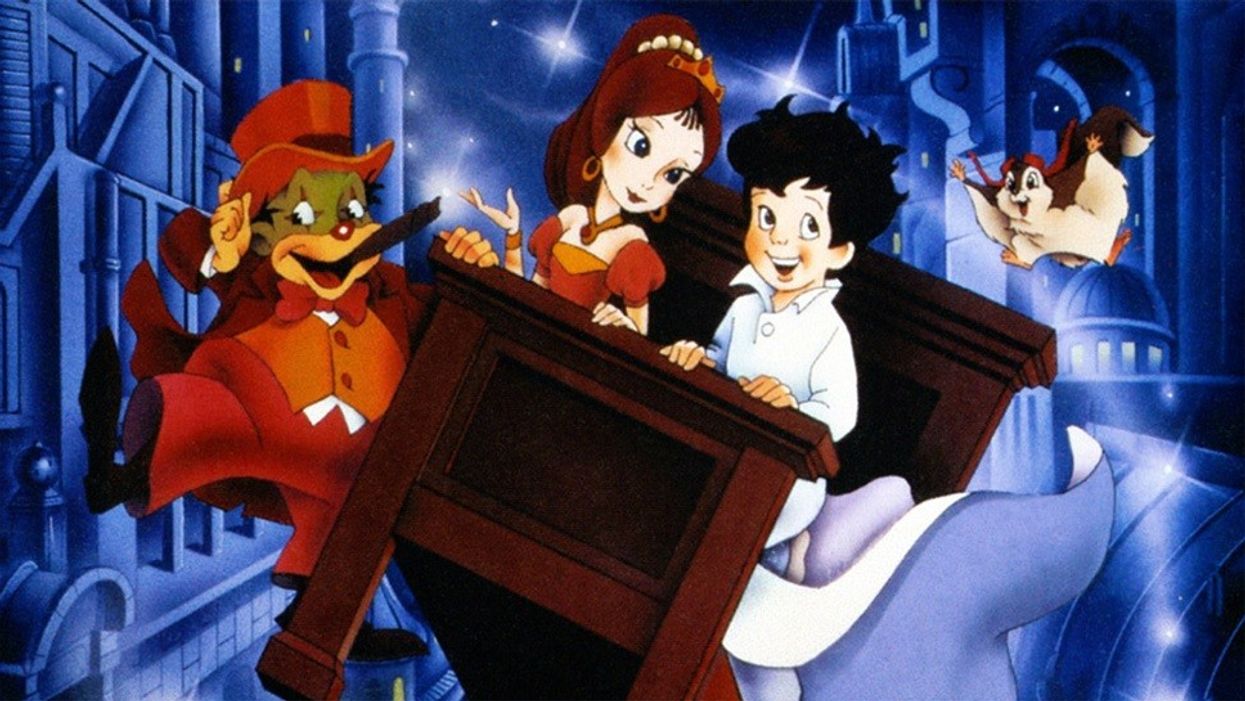Development Hell Robbed Us of a Brad Bird, Ray Bradbury, & Miyazaki film
Brad Bird, Ray Bradbury, and Hayao Miyazaki...all visionaries that whiffed on a popular comic. Why and how?

Maybe you've heard the term "development hell" before and never learned what it meant. Essentially, it's when drafts and notes of a script bog it down so much the movie never sees the light of day. But sometimes those movies do get made, and in the case of Little Nemo: Adventures in Slumberland, it wound up missing the boat on three auteurs.
Today I want to look at a video essay that addresses this fiasco and talk about a movie we never saw.
But first, check out the Little Nemo trailer for the movie we did get.
Little Nemo was one of the most popular comics in the world for a little while, and soon the rights were secured in the late 1970's by producer Yutaka Fujioka. His dream was to make this into a profitable movie that bridged the gap between anime and Western culture.
He flew to California to approach people like George Lucas and Chuck Jones to join the adaptation.
But those guys declined. Their "No's" would only be the beginning of Fujioka's journey.
The entire saga was captured in this video from Royal Ocean Society.
Fujioka was tired of people not seeing his vision and, after seeking funding, he announced his project in 1982. After a few years, they had enough money and hired Ray Bradbury in 1984. That seemed like a slam dunk. Bradbury would take on this movie about dreams and the creation would finally come to life.
But not all was well.
Bradbury was off writing scripts when Miyazaki was brought aboard. He struggled with the movie on a conceptual level. Nemo's dreams were amazing to him but since they were only dreams and had no repercussions on the real world he ultimately felt like it didn't work. And left the project.
Next up, Brad Bird and Jerry Rees were approached.
They were young animators at the time and eager to make something of value. But once they entered the production the two were very confused. They would ask animators what they were doing, the response they were commonly given was, "We're just illustrating what Bradbury is writing."
That seemed fine until they met Bradbury and he told them, "I'm just putting in writing what these wonderful artists are drawing".
This was the "oh shit" moment that caused both these guys to walk from the project.
Eventually, other people boarded and made an okay movie. But much of the work done prior was thrown away.
And we lost something that could have been special.
So think about that the next time you want to adapt a movie.











